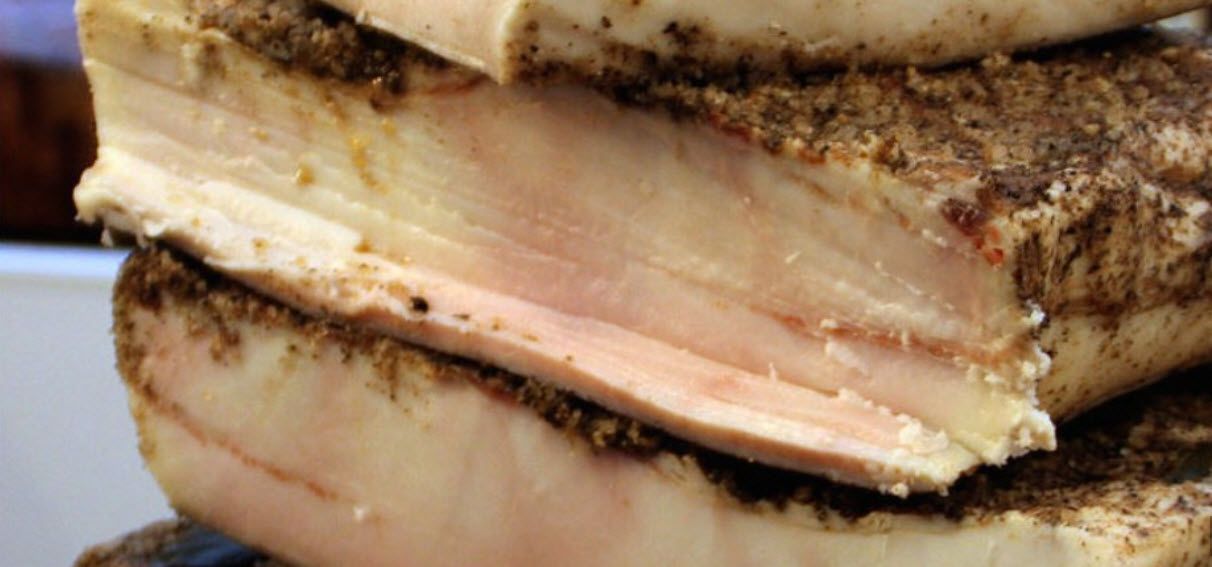We Should All Be Eating Animal Fat

Lard has had a tough old time of it. It’s such a slippery word and one that’s become part of any weight-related pejorative; just ask the bullying likes of Berlusconi. Even when’s it not consigned to the book of insults on more than one occasion, it’s certainly been condemned to the inauspicious role of last-ditch lube. Hardly whispers healthy din-dins, does it?
But like a greased up, brow-beaten heavyweight spilling sweat on to the canvas and painting a Jackson Pollock with his blood, lard is back. The white stuff is up and out of its corner, throwing punches and knocking out the naysayers once and for all. But it’s not just lard—beef dripping is making a comeback, too.
Earlier this month, a beef dripping was selected as a 2014 Top 50 Food at the Great Taste Awards. Plucked from 10,000 entries from the UK and Ireland, James Whelan Butchers’ Beef Dripping was called “an absolute showstopper” by the 400-strong judging panel, made up of food critics, chefs, cooks, and producers.
Dripping and lard have a rich history in the UK. In the 50s and 60s, dripping would be kept in a jar by the stove, much like olive oil is today. It was commonly used by fish-and-chip shops, and was a key ingredient in household cooking for deep-frying, sautéing, and baking. As the rat race descended upon us all, the need for quick, convenient shopping coupled with the drop-off of local butchers paved the way for the growth of commercial oils—particularly vegetable—in dripping’s and lard’s place.
For our generation, lard is exactly that—something confined to the annals of time. Dripping sandwiches are just another groan-inducing wives’ tale alongside walking 18 miles to work with one shoe on and visits to the headmaster’s office for a close encounter with a birch. It’s not our heritage, it’s not our food. When beef dripping butcher Whelan says, “It’s the taste of my childhood”, it’s exactly that—his, not ours.
Read more here